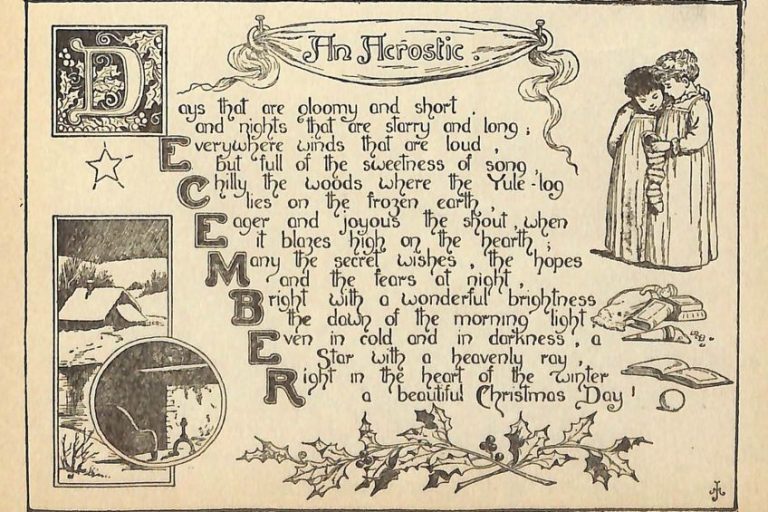“To Thine Own Self Be True” by William Shakespeare – An Analysis
One of the most important contributions that William Shakespeare ever made was the collection of new phrases he brought to the English language. Today, our focus will be on one of the expressions for which he is responsible. In this case, it is the expression: To Thine Own Self Be True. We will examine this Shakespearean expression today by looking at its origins, the context in which it was written, what it means, and how it continues to be used. So, if you want to know about To Thine Own Self Be True by William Shakespeare, then look no further!
Table of Contents
- 1 To Thine Own Self Be True by William Shakespeare
- 2 The Origins of To Thine Own Self Be True by William Shakespeare
- 3 The Context of To Thine Own Self Be True by William Shakespeare
- 4 The Meaning of To Thine Own Self Be True by William Shakespeare
- 5 The Contemporary Uses of To Thine Own Self Be True by William Shakespeare
- 6 Frequently Asked Questions
To Thine Own Self Be True by William Shakespeare
| Date Published | Between 1599 and 1601 |
| Type of Text | Speech extract |
| Found in | Hamlet by William Shakespeare |
| Speaker | Polonius |
| Topic | Honesty |
The phrase To Thine Own Self Be True by William Shakespeare is one of the best-known expressions that came from the pen of the Bard. He is known for producing some of the most oft-repeated expressions in the English language, and this particular one is no different. So, let’s look into it and try to understand why it has become such an important and consistently used example of the kind of work for which Shakespeare has become known.
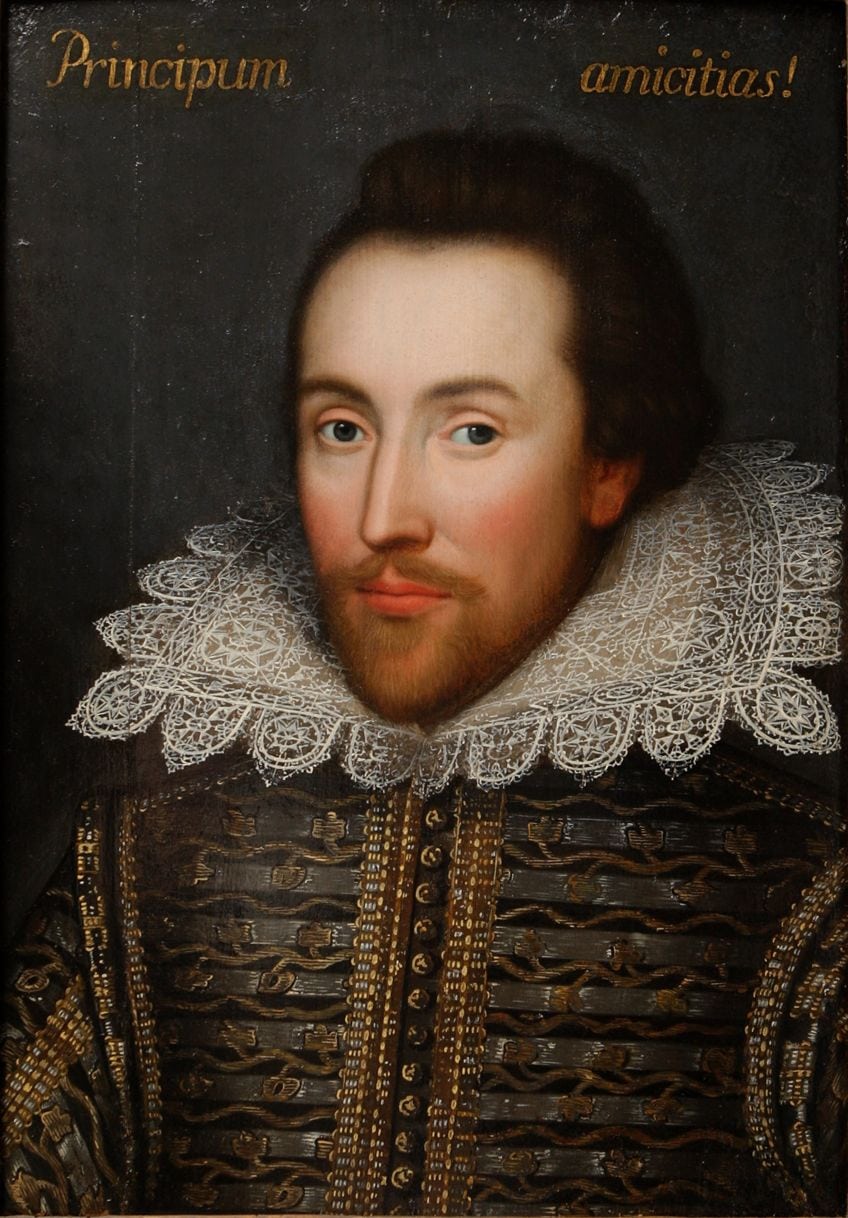
The Origins of To Thine Own Self Be True by William Shakespeare
This famous Shakespearean phrase originated with Hamlet. This well-known tragedy by the Bard is generally considered to be one of the best, if not the best play that William Shakespeare ever wrote. In the case of this expression, it comes from relatively early in the play, in Act I, Scene III, when Polonius speaks to his son, Laertes.
The two of them speak with one another because Laertes is soon to leave the country, and his father wants to give him some advice.
Part of that advice is this famous line. This is also a rather ironic line because Polonius is not a character particularly known for honesty, and so his use of this expression is an interesting one. However, we will discuss that in more depth below.
The Context of To Thine Own Self Be True by William Shakespeare
We have already mentioned where this line comes from, but what about the man who says this line, Polonius? This figure is something of an irritation to the protagonist of the play, Prince Hamlet. The reason for this is because Polonius is someone who works for the new king, Claudius, and this king is the central antagonist of the play as a whole. So, this makes Polonius, by proxy, something of a villain too. However, he is not really treated as a villain.
Instead of being treated as a villain, Prince Hamlet sees him as tedious and irritating. Regardless of this, he comes to be a central aspect of the play when he is actually killed by Prince Hamlet, albeit by mistake. This will ultimately lead to the climax of the play in which Laertes, the son of Polonius, fights against Prince Hamlet.
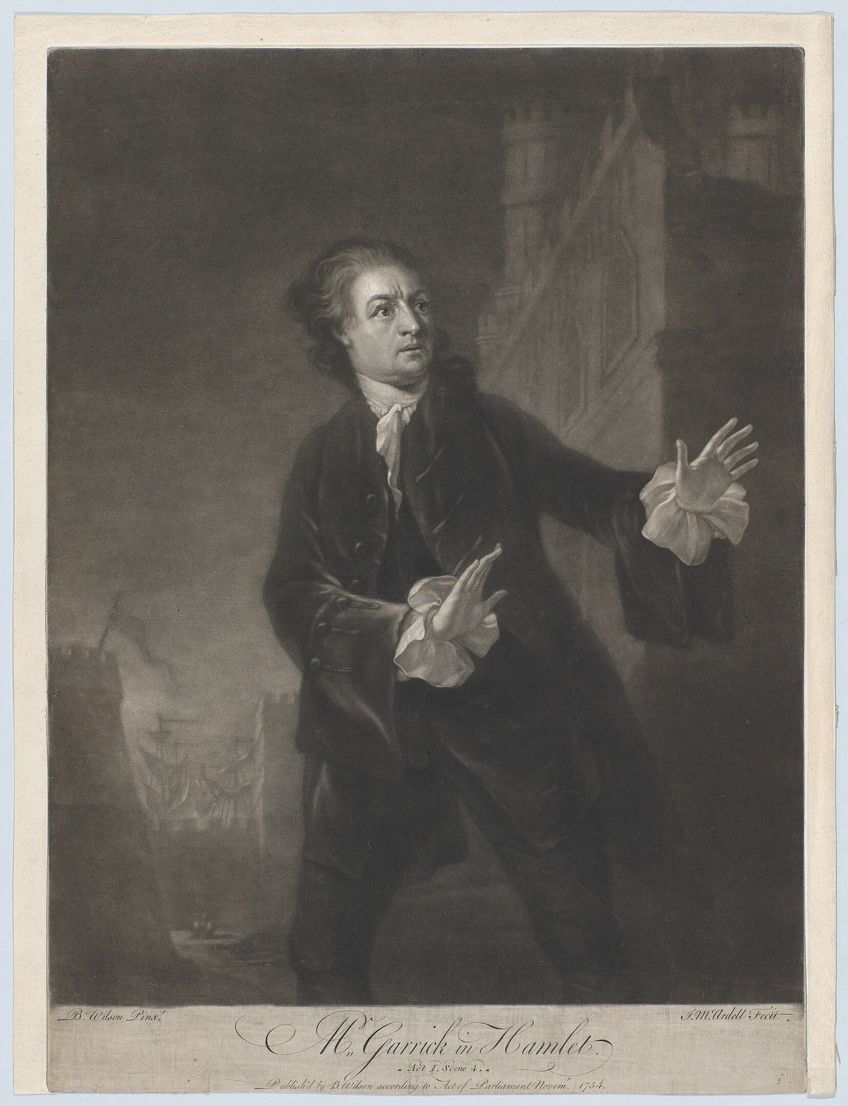
And that is the context of the expression’s use in the actual play. It is used by a character who is not exactly truthful and so, in many ways, does not live up to the idea of To Thine Own Self Be True. Although, we could also say that he is acting within his own best interest, and so he is not someone who necessarily goes against this idea.
Regardless of this, it is often seen as at least somewhat ironic that he is the man who states this line. However, he does say it within the context of a larger speech in general, and that speech is full of advice for his son. In addition, it may be beneficial to show the full sentence that includes this expression:
This above all: to thine own self be true,
And it must follow, as the night the day,
Thou canst not then be false to any man.
This shows that, in the context of the rest of the sentence, Polonius is referring to this in terms of honesty. You should not spread falsehoods to others, although we can interpret this expression in a variety of ways. We will have a look at a few of those different ways in the next section of this discussion of To Thine Own Self Be True by William Shakespeare.
The Meaning of To Thine Own Self Be True by William Shakespeare
The entirety of the speech in which this expression emerges is also interesting in many ways, but our focus for today is only on To Thine Own Self Be True by William Shakespeare. However, as has been mentioned above, the full sentence in which this short extract appears refers to honesty. You need to be honest. Especially to yourself and, by association, this will lead you to be honest to others.
We can divorce the “To Thine Own Self Be True” part from the rest, but this would also result in a different interpretation.
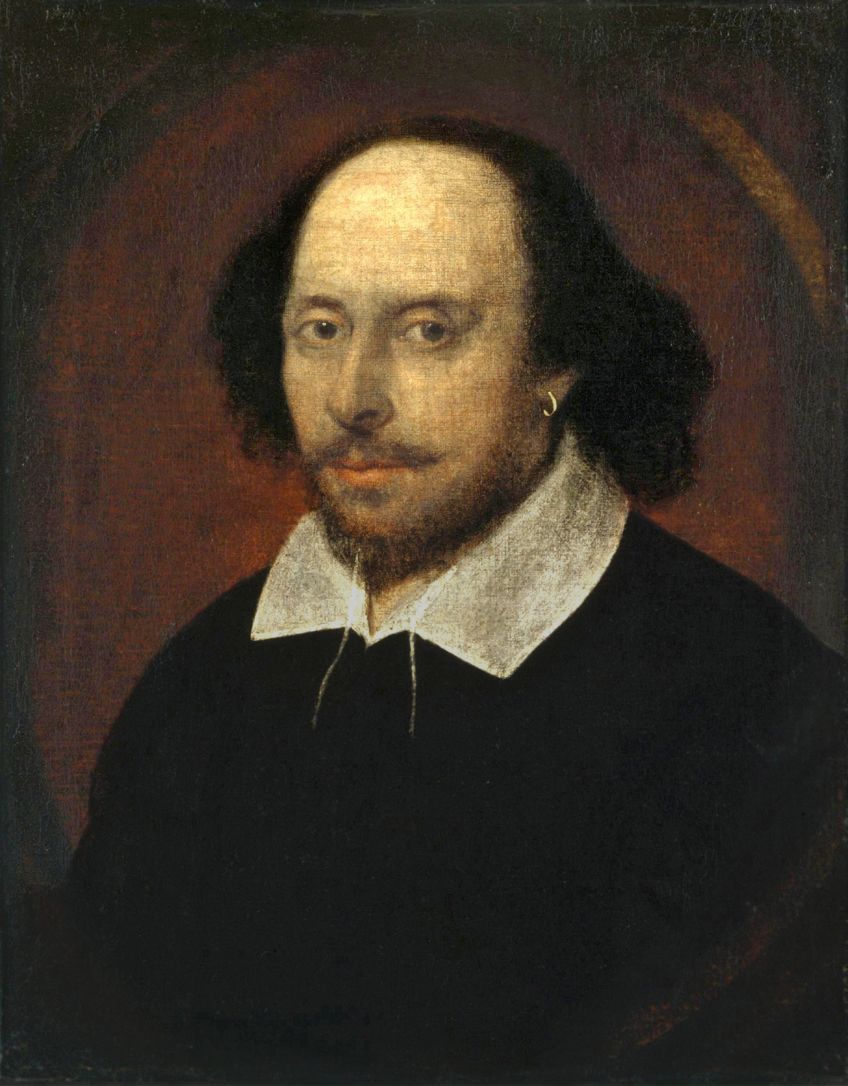
We can see this as solely being truthful to ourselves, and this can mean that we should do what we want to do in our lives. It could be seen as a synonym, in a sense, to something like “follow your heart”. However, when we do look at it within that broader context, we see that it only really refers to actual honesty. So, this expression wants us to judge ourselves, and remain honest, so that we can do this with others. We can criticize this concept based on who says it, as that person is not honest at all, but while we should not necessarily divorce a concept from its broader context, we could divorce it from who said it. Or at least, to a degree.
The Contemporary Uses of To Thine Own Self Be True by William Shakespeare
This famous Shakespearean expression may be several centuries old, but it is still used to this day. This expression, with its push towards a kind of personal honesty, is often adopted as a kind of personal advice. It is the sort of expression that would not seem strange if it were found in a contemporary self-help book.
It is also frequently used as a kind of truism that can be stated as rather generic advice to others.
Having troubles with a relationship? Be true to yourself. Having troubles with your job? Be true to yourself. Having troubles with trying out something new? Be true to yourself. The expression may use older language, but the way in which it can be used is decidedly modern. This is the kind of concept that is commonly espoused today.
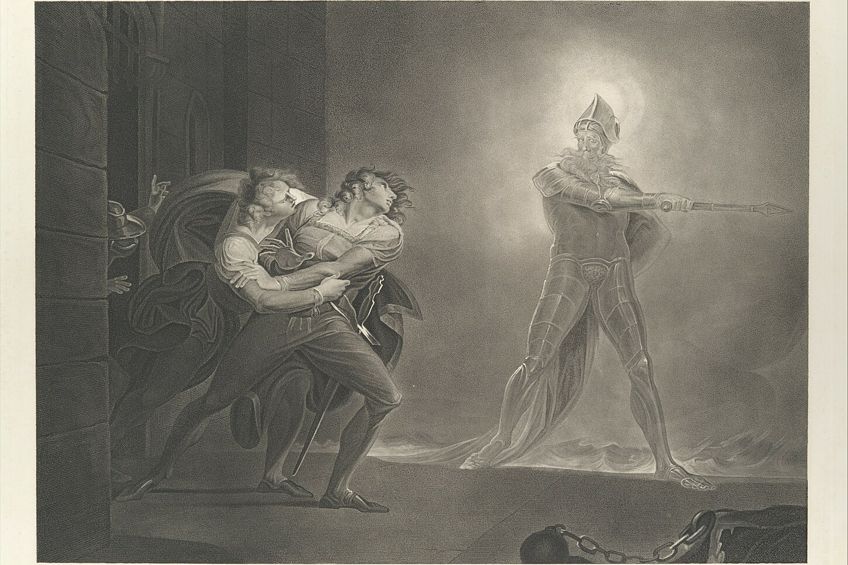
It can even be found in areas such as parenting and business. If you need to teach children to be honest and good, this is a good expression to teach them, and if you are a business that wants to uphold a certain standard, then it can be used as a slogan for the business itself. There are many different ways in which To Thine Own Self Be True by William Shakespeare can be used to this day.
And so, we finish with our look at To Thine Own Self Be True by William Shakespeare. We have examined the origins of this expression, the context of its creation, the meaning of the expression, and how it continues to be used to this very day. This is one of the best-known of all the expressions that William Shakespeare wrote and, hopefully, this discussion has been beneficial to those who wish to understand To Thine Own Self Be True by William Shakespeare. However, there are many other expressions that William Shakespeare wrote, and many of them are worth examining!
Frequently Asked Questions
What Is To Thine Own Self Be True by William Shakespeare?
This is an expression by William Shakespeare. It is one of the best-known of all the phrases he created, and it is typically used to refer to the idea that we should always judge and conduct ourselves according to how we view ourselves rather than how others view us.
What Is the Origin of To Thine Own Self Be True by William Shakespeare?
This expression comes from Hamlet. The expression is something that the character of Polonius says to Laertes, his son. This expression is, more specifically, found in Act I, Scene III of this famous Shakespearean play.
Who Is Polonius in Hamlet?
This is a character who serves as the chief counselor of the current king in Hamlet. That king, Claudius, is the primary villain and Polonius generally acts on his behalf. He is often considered to be wrong in practically everything he does.
How Is To Thine Own Self Be True Used Today?
This expression is still used to this day, and it is often found in pieces of personal advice. It can also be used in business and parenting. It is a rather general expression that has wide applicability.
What Are Famous Shakespearean Expressions Other Than To Thine Own Self Be True?
There are many famous expressions that Shakespeare wrote. Some of the most famous include Too much of a good thing, Neither rhyme nor reason, and The clothes make a man. However, there are a multitude of other expressions that we have not included.
Justin van Huyssteen is a freelance writer, novelist, and academic originally from Cape Town, South Africa. At present, he has a bachelor’s degree in English and literary theory and an honor’s degree in literary theory. He is currently working towards his master’s degree in literary theory with a focus on animal studies, critical theory, and semiotics within literature. As a novelist and freelancer, he often writes under the pen name L.C. Lupus.
Justin’s preferred literary movements include modern and postmodern literature with literary fiction and genre fiction like sci-fi, post-apocalyptic, and horror being of particular interest. His academia extends to his interest in prose and narratology. He enjoys analyzing a variety of mediums through a literary lens, such as graphic novels, film, and video games.
Justin is working for artincontext.org as an author and content writer since 2022. He is responsible for all blog posts about architecture, literature and poetry.
Learn more about Justin van Huyssteen and the Art in Context Team.
Cite this Article
Justin, van Huyssteen, ““To Thine Own Self Be True” by William Shakespeare – An Analysis.” Art in Context. November 29, 2023. URL: https://artincontext.org/to-thine-own-self-be-true-by-william-shakespeare/
van Huyssteen, J. (2023, 29 November). “To Thine Own Self Be True” by William Shakespeare – An Analysis. Art in Context. https://artincontext.org/to-thine-own-self-be-true-by-william-shakespeare/
van Huyssteen, Justin. ““To Thine Own Self Be True” by William Shakespeare – An Analysis.” Art in Context, November 29, 2023. https://artincontext.org/to-thine-own-self-be-true-by-william-shakespeare/.






